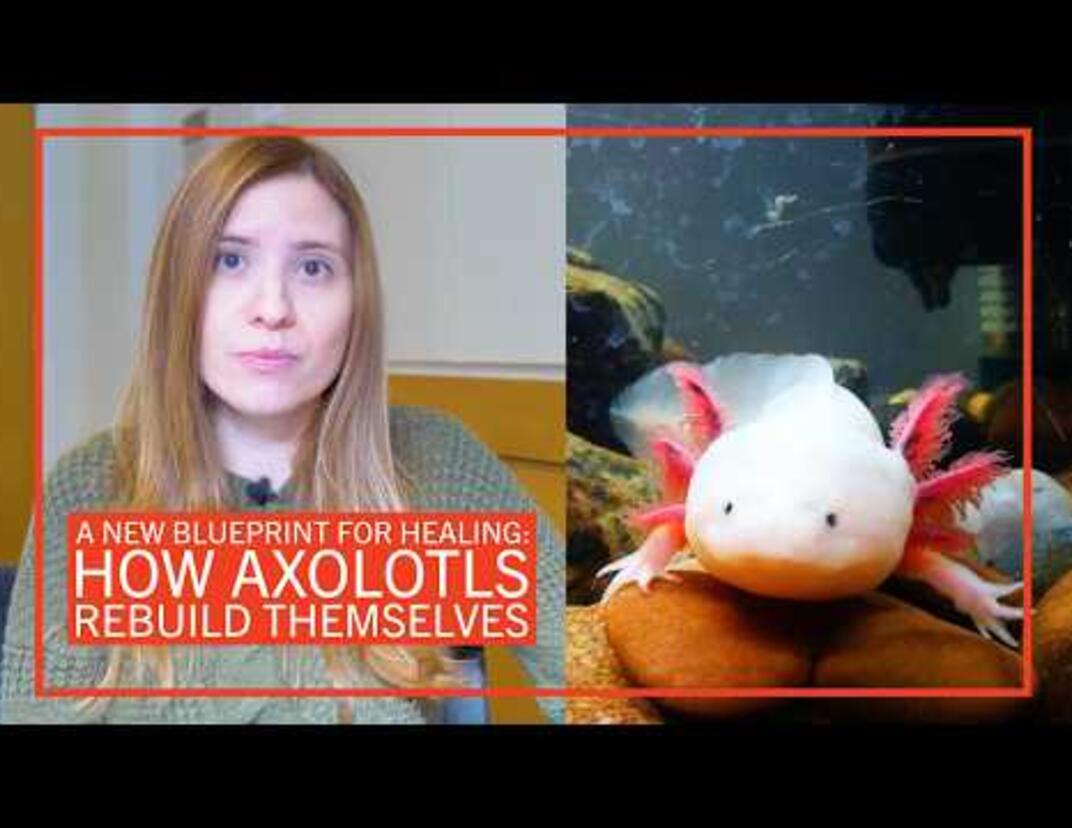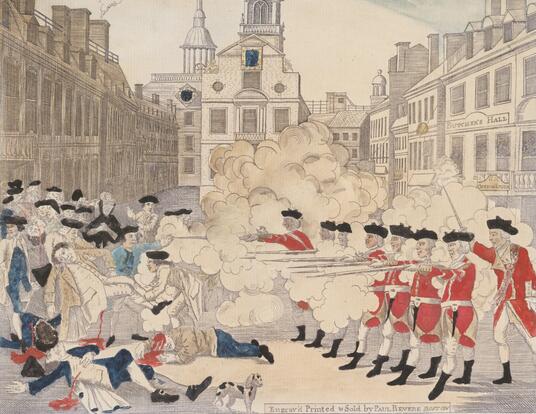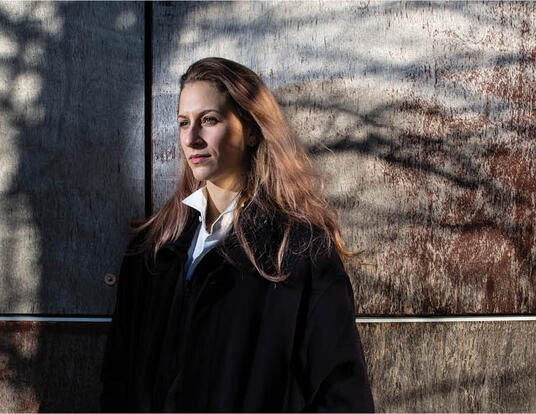Military Man
Poetry, masculinity, and making meaning after war
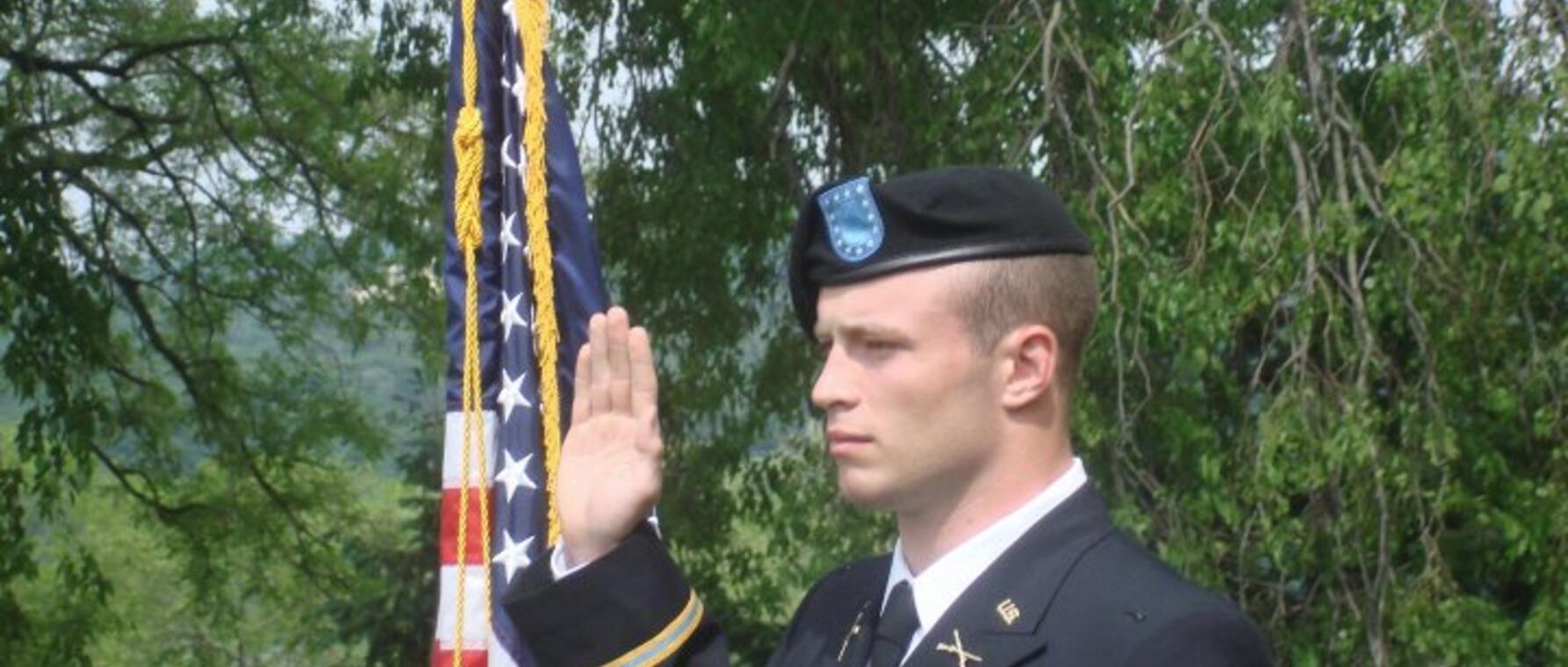
Ben Bellet’s debut poetry collection, Cadet, is part memoir of his time at West Point and as an officer in Afghanistan and Kuwait and part meditation on masculinity. In this interview, Bellet, a clinical psychologist who earned his PhD from Harvard’s Kenneth C. Griffin Graduate School of Arts and Sciences in 2023, speaks about the book, his time in the military, and what it means to be a man.
This interview has been edited and condensed for length and clarity.
Where did you grow up, and how did that path lead to the US Military Academy at West Point?
I grew up in Nashville, Tennessee, the oldest of nine in a traditional Catholic family—eight boys and one girl. My grandfathers served in the Navy, but there wasn’t an immediate family military tradition. In high school, I wrestled, as did my brothers. Coming from that traditional background, I absorbed a model of masculine aspiration—decisive, aggressive, effective—even as I felt pulled toward art, reverie, and ambivalence. The military felt like a way to solve that tension, or at least to live inside of it. I entered West Point in the summer of 2006.
How did West Point land with you once you were there?
Honestly, it felt like a four‑year depressive episode. (Laughs.) I didn’t fit naturally into the highly structured environment, and I’ve puzzled over why I stayed. This was West Point during wartime—you’re training while watching global events unfold. Near the end you choose a branch; I selected infantry—a combat arms branch—then went to Fort Benning for the Infantry Basic Officer Leader Course and Ranger School.
Where did you deploy?
In fall 2011, I led my first infantry platoon in Afghanistan. I returned stateside to Kansas, then deployed to Kuwait in 2014. Kuwait was a turning point: I’d moved from platoon leader to staff officer, doing administrative and logistics work while supporting operations as ISIS advanced through Iraq. Camp Buehring gave me nine months in the desert to think—I read a lot of Dostoevsky, especially The Brothers Karamazov, and later The Idiot.
Let’s talk about Cadet. You open with the dictionary definition and etymology of your book’s title. It turns out the term comes from the French capdet and stems from the fact that “Prior to the French Revolution, younger sons of the French nobility could not inherit any of their fathers' lands or titles, and often entered military service. Why start there?
Personally, I felt cut off from an “inheritance” of traditional masculinity and imagined the military as a way to reclaim it. More broadly, “cadet” denotes an in‑between state—no longer a civilian, not yet a commissioned officer. That ambivalence—professionally and psychically—permeates the book. Many of my soldiers also came to service from a sense of disinheritance—seeking upward social mobility, health insurance, or simply a place to belong.
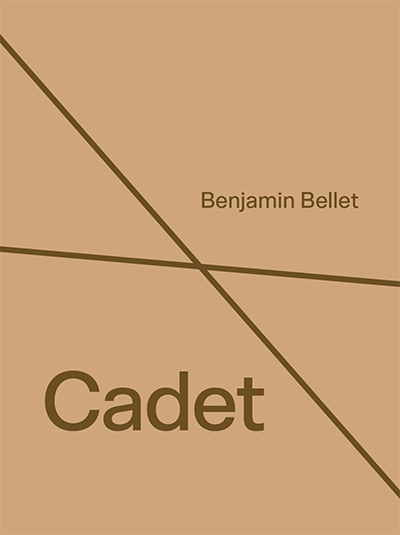
Your poems often hold violence and tenderness together. In “Private Wilson,” for instance, there’s a Black Hawk helicopter in rugged terrain—and a soldier’s head asleep on your shoulder. What are you exploring there?
In predominantly male settings—infantry units included—the pretense is training to kill, often using one another as test dummies in combat or force‑on‑force drills. But that proximity produces real intimacy. Our conversations about veterans often focus on PTSD—as if deployment adds a pathogen to be removed. Less discussed is what’s lost: a clear place in the world, purpose, and embodied trust. Many men miss combat because it provided a relational matrix where certain traits had social meaning. Back home, masculinity can be either vilified wholesale or glorified in caricature, stripped of context.
How did those months and those books redirect you toward psychology?
Dostoevsky is, in many ways, a very masculine writer who portrays interior conflict so precisely that it felt like he was reading my mail. I also realized my real interest in the service wasn’t strategy but my soldiers’ lives. Many kept coming back after multiple deployments despite being deeply hurt. Conversations with them—and my own reading—nudged me toward clinical psychology. I studied for the GRE between 14-hour operations-center shifts, took the exam in Kuwait City, and then left active duty to begin a master’s in general psychology at the University of Memphis. I applied to Richard McNally’s lab at Harvard because his trauma‑focused program offered room to pursue what truly compelled me: how people make meaning of suffering and trauma.
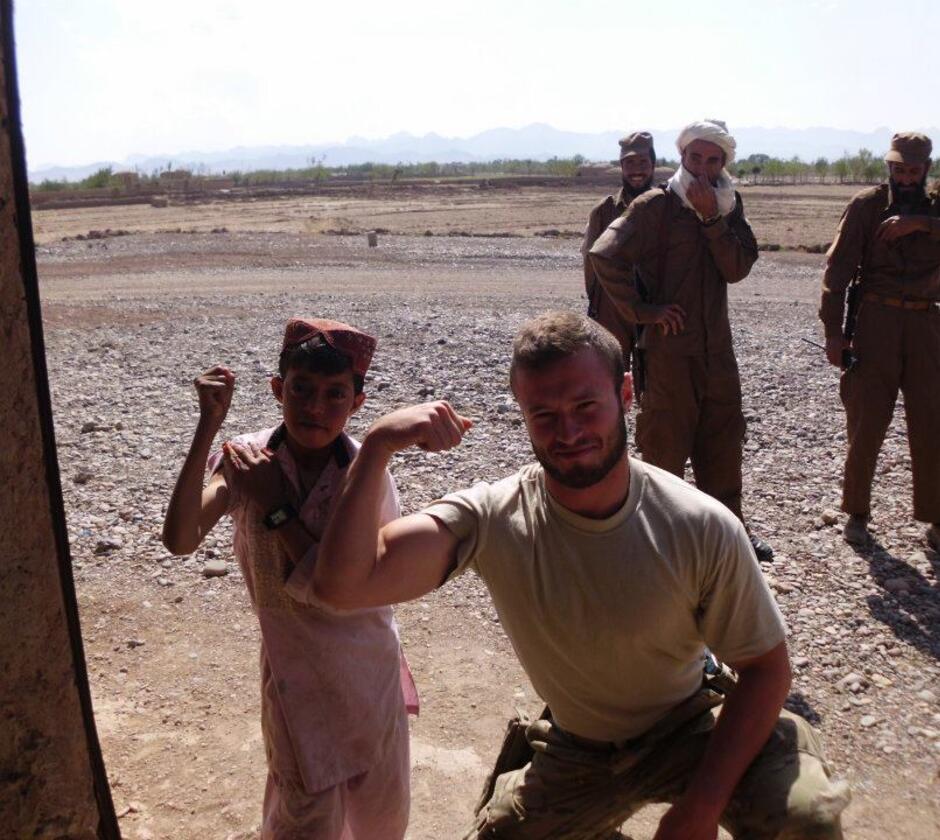
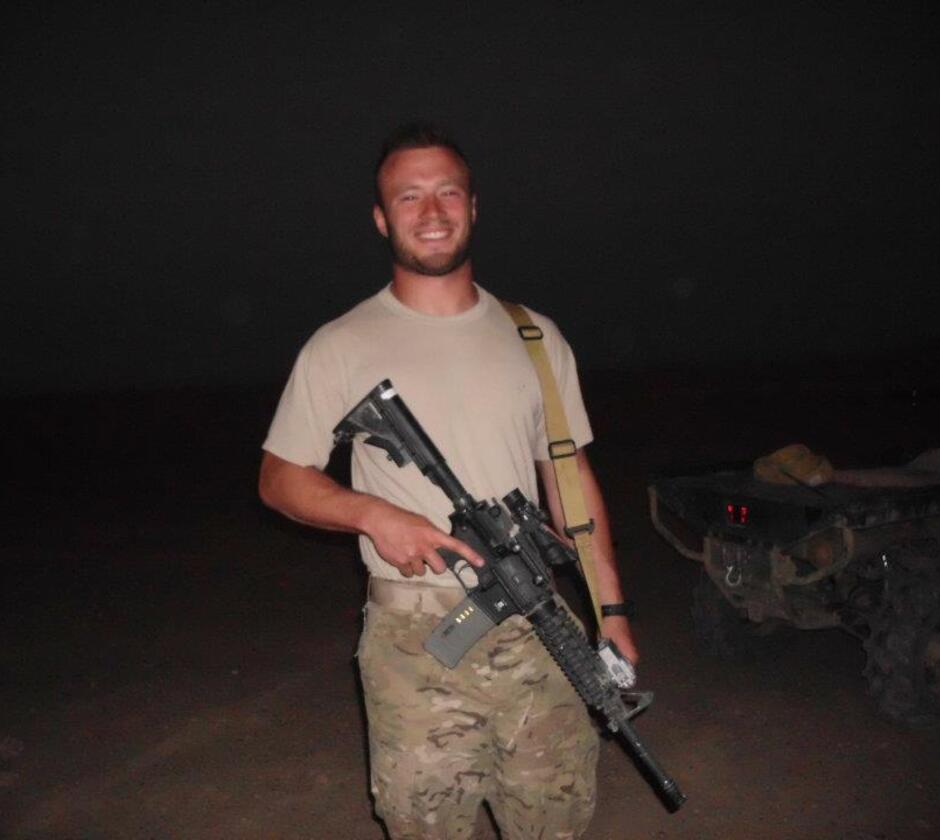
The poem, “Another Conversation with My Father,” returns to fathers and sons. What did you want readers to feel?
Blankness—and the horror bracketing it. As a kid, the horror of ambivalence pulling a fish off a hook; at eighteen, the horror of the inevitability of joining the Army. In psychoanalysis, I’ve learned that the blankness in front of my father hid conflicting impulses—to strike, flee, and embrace—all at once. Intimacy and aggression often arrive together. Our relationship has improved, but for a long time, both of us tried to drown inner upheaval in external noise, risk, and achievement.
Why title the collection Cadet and center the title poem at the Academy rather than in combat?
Because it locates the psyche from which the book speaks: a watcher in a world that prizes action; an internal temperature at odds with the parade ground’s cold. West Point during war meant feeling both inevitability and doubt. That tension—inner versus outer—is what many poets write from.
The start of Cadet also includes a quote from Book 4 of Virgil’s Aeneid: Quo ruit? Why that line?
It’s wonderfully double: “Where does he run?” but also “Where does this fall—where is it all going?” Dido asks it as Aeneas leaves her to pursue destiny. It evokes my own leave‑takings—torn between duty and love—and the larger question that drove the book: Where was I rushing, then—and where am I going now?
Has writing the book resolved that sense of lostness?
I still feel lost—hopefully in a more honest, poetically generative way. If the poems do anything, they try to resist easy diagnosis or moralizing and stay under the weight of the experience long enough to speak from it.
Get the Latest Updates
Join Our Newsletter
Subscribe to Colloquy Podcast
Simplecast



